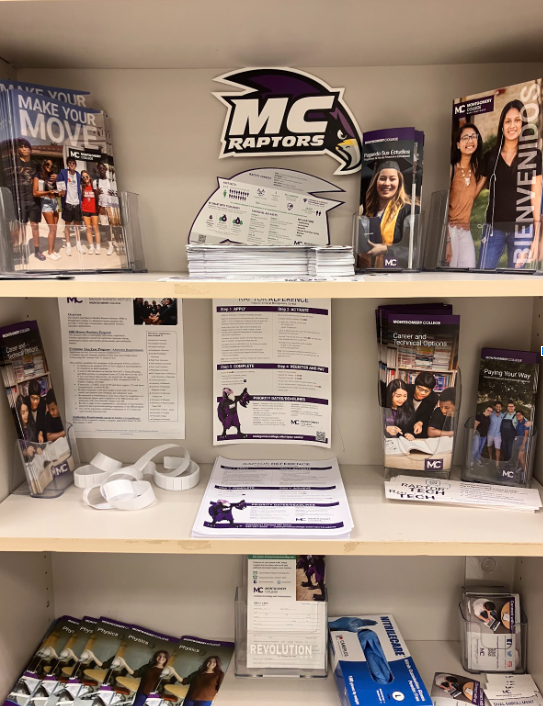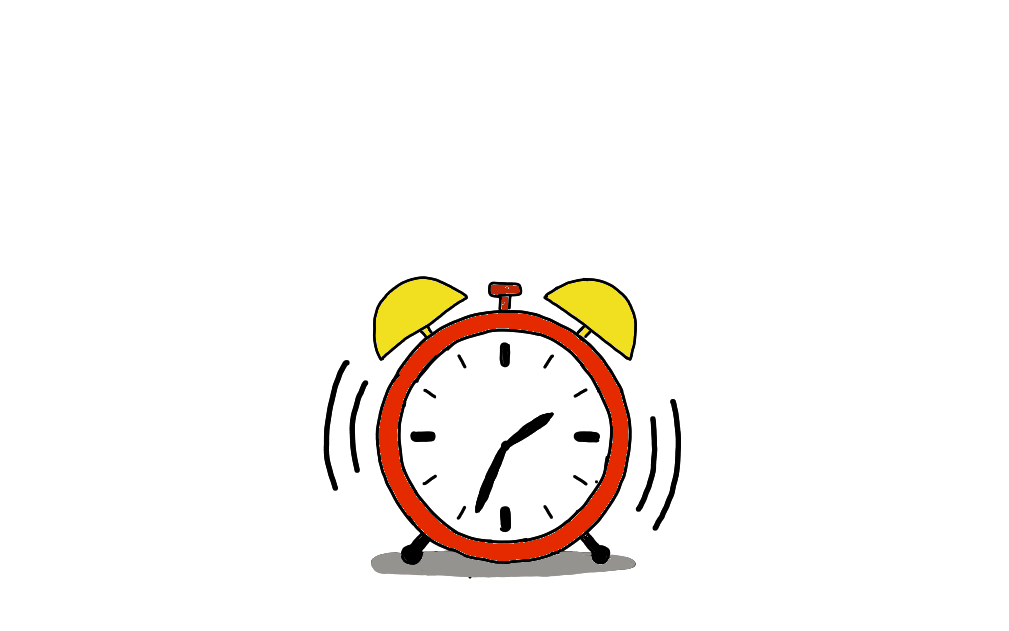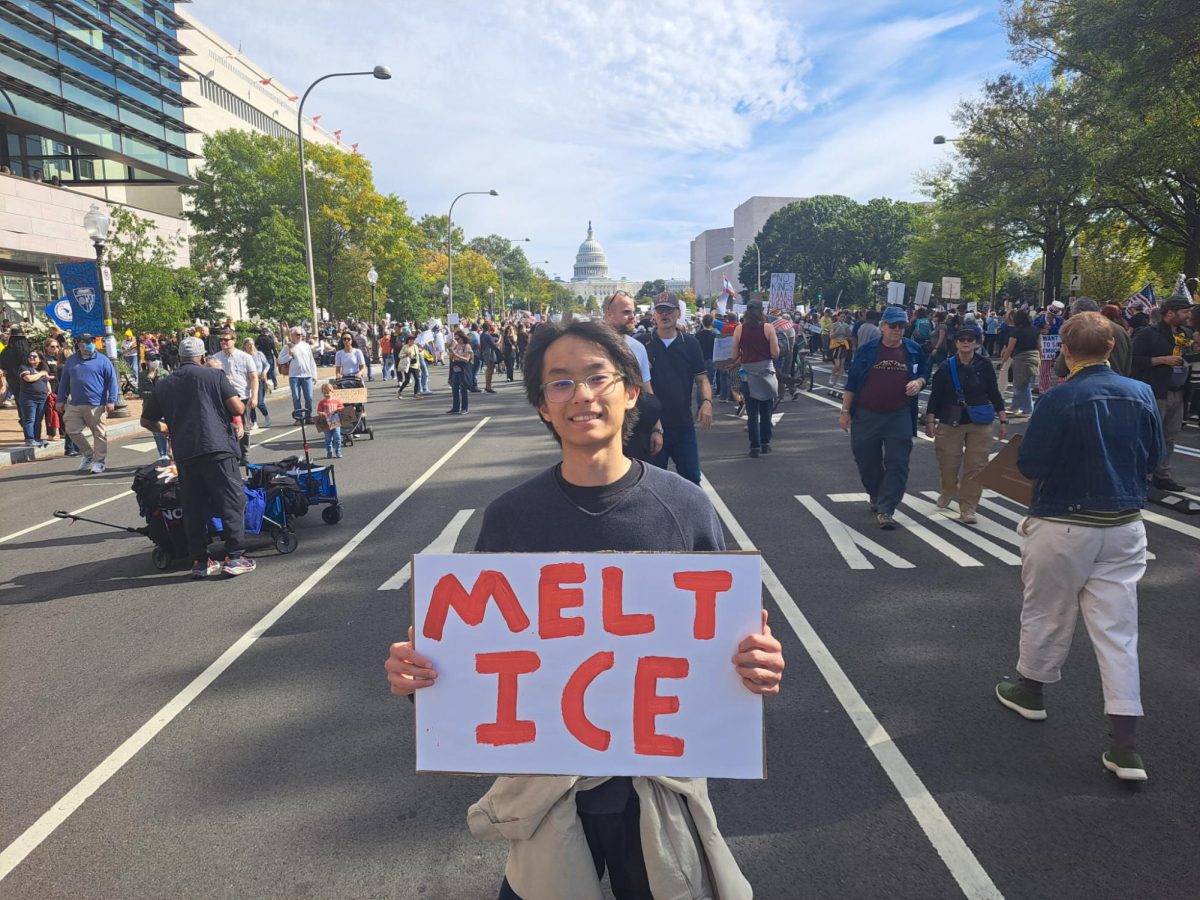Around a month ago, the fatal shooting of Brian Thompson, CEO of UnitedHealthcare, sparked widespread outrage in the country. Rather than anger concerning Thompson’s death, however, this outrage has been skewed toward the American healthcare system. The suspect charged, 26-year-old Luigi Mangione, allegedly committed the crime after his insurance refused to pay for his surgery. Ever since, Americans across the internet have been expressing their complaints and concerns about the American healthcare system. While Mangione’s past does not justify his actions, this tragic case serves as a reminder of the deep flaws hidden in the American healthcare system.
The American healthcare industry is corrupt and misleading, and while it is an immoral system, it is possible to fix this industry. Although being one of the wealthiest nations in the world, the United States continues to uphold a healthcare system that leaves millions of citizens uninsured.
In an assessment by the International Citizens Insurance, the US ranked 69th globally for healthcare. Is it the unusually high costs? Hidden coverage gaps? The lack of a proper healthcare system in the U.S. is evident in clear instances when people simply cannot afford essential care.
One of the core issues with the U.S. healthcare system is the misleading practices of insurance companies. “Healthcare companies do not state upfront the cost of treatment, so people are led to believe it might be included or the separate cost is low. When the bill arrives, the person receives what they can’t afford and because of interest they will have to pay more money over time,” freshman Maya Leibowitz said. According to the Consumer Financial Protection Bureau, around 100 million Americans owe more than $220 billion in medical debt.
Many health insurance plans often advertise coverage but lack transparency when it comes to out-of-pocket expenses. These companies frequently obscure the details of the plans with fine print, making it difficult for consumers to understand what is covered and what is not. “Insurance companies have money paid into them upfront and they don’t cover certain procedures. For my pets, I have to pay insurance and some things are covered and other things are not,” RMS and IB Biology teacher Bessy Albaugh said.
Another report by the Consumer Financial Protection Bureau informed health insurance policies often conceal hidden costs which are not directly communicated to customers. An example of this could be having an out-of-network provider. If a patient checks in with a hospital or doctor who is not part of their insurance, their insurance won’t cover the full cost. The patient will have to cover the difference, which could be an extremely high sum in the United States. This lack of communication creates an environment where patients are helpless and unaware of the costs until the bills arrive. This is the issue with the American healthcare industry, the companies involved only think of how to profit. Their top priority is not their clients and health, but rather how they can gain more money and power out of something that makes people vulnerable.
The healthcare industry is deceptive, no doubt, but the backlash against companies proves there is still hope for change. If our country starts to address the issues we face in our system today, with time and persistence, we can ensure proper healthcare. The most optimal solution is a universal health system. This system would significantly reduce the financial burden on Americans and make healthcare free for all residents. “I don’t think health insurance should be a thing, I think healthcare should be free,” freshman Shreya Shete said. Countries such as France, the UK, and Canada have already implemented this model, where the government funds healthcare through taxation. By removing private healthcare companies who seek to make profit, we could ensure that all citizens have access to treatment.
Another solution could be healthcare companies being more precise and clear about their services. The current lack of clarity in medical billing is the main source of financial hardship for patients. According to the National Institute of Health 70 percent of families reported worrying about finances through hospital bills, household bills, lost income from work, and food/lodging/transportation during their hospital stay. It is clear that Americans fear taking care of their health can result in costs they can’t afford. Requiring insurance companies and healthcare providers to be upfront about the cost before services are performed would allow patients to make more informed decisions.
The American healthcare system is in need of immediate change. Companies that profit from people’s health issues should be held accountable, ensuring that their services are accessible and beneficial. A universal healthcare plan along with price transparency are simply non-negotiable solutions to fixing this industry. While change is never easy, it is essential for the well-being of citizens who find themselves suffering from this harsh system. If lawmakers, healthcare providers, and the people can work together toward these goals, the future of American healthcare could be one where access to care is equitable.
If you would like to voice your opinion on an issue you feel is relevant to our community, please do so here. Anyone is able and welcome to submit a Letter to the Editor, regardless of journalistic experience or writing skills. Submissions may be published either online or in a print issue.














